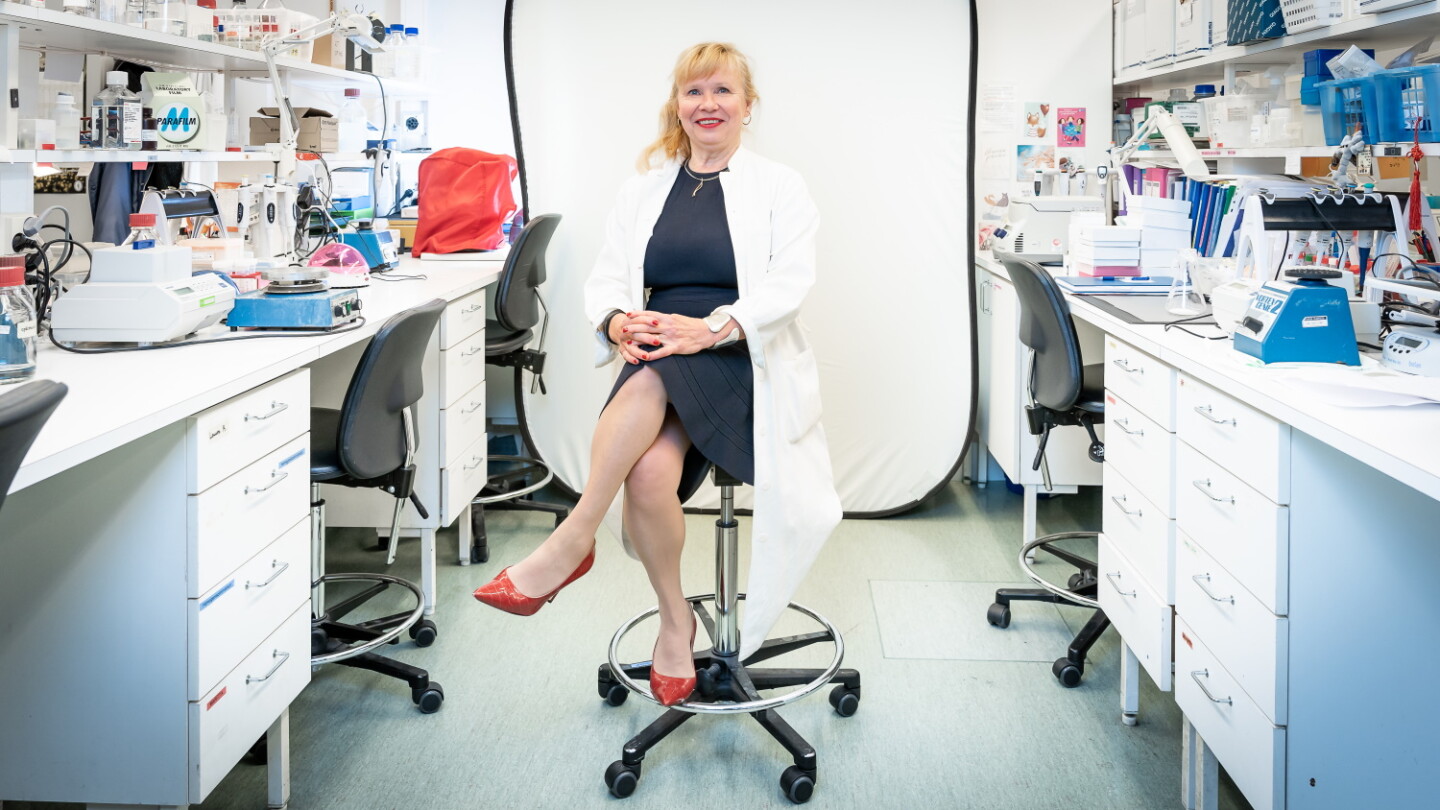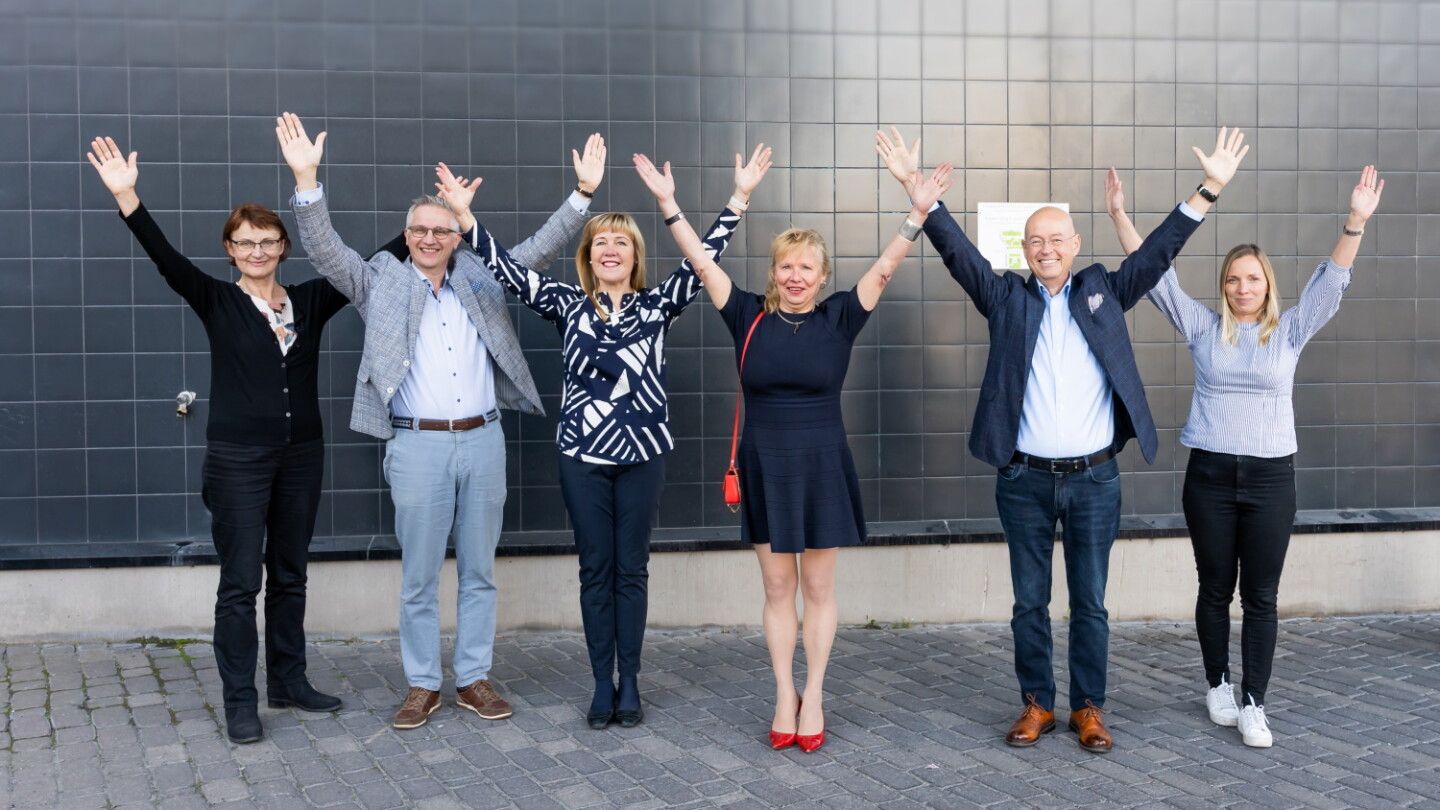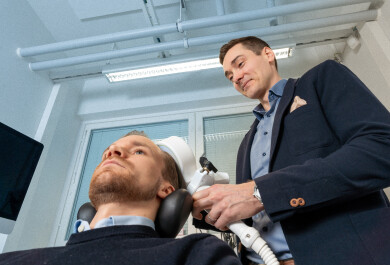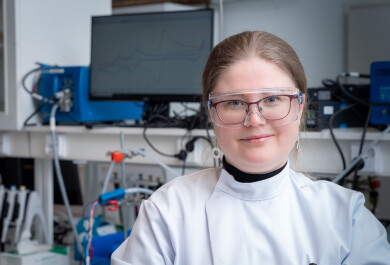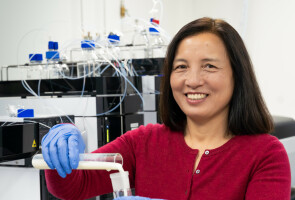InFLAMES (Innovation Ecosystem based on the Immune System) is a Finnish research flagship that aims at identifying novel drug targets using the most modern technological platforms and finding novel diagnostic tools to identify the patients benefitting from personalised therapies.
Just a few decades ago, immunology was a quiet and dull corner of medicine. As the methods of basic research and knowledge in the field increased, the science community started to realise how vital a functioning immunological defence is to our health.
– Behind nearly all diseases is a disturbance in the body’s immunological defence. If it is too active, we develop autoimmune diseases, such as diabetes or arthritis. On the other hand, weak immune responses predispose us to cancer and serious bacterial or viral infections, says Director of InFLAMES, Academician Sirpa Jalkanen.
The development in the field has naturally led to drugs that affect the immune system. They either strengthen the person’s own immune system or control it where it is too effective.
According to Jalkanen, drugs that modify the immune response are effective in many diseases, but with limitations. They work only on a small group of patients.
– People are different, they are individuals. Therefore, we have to identify new targets for drug development. At the same time, we need diagnostic tools so we can determine which drug benefits which patient. It is targeted treatment of diseases, explains Jalkanen.
Increasing the Number of Original Drugs
Finnish drug development industry has introduced 22 original drugs, of which 21 have been created in Turku. The number is not bad nationally, but Jalkanen estimates that it could be better. She is certain that the Flagship collaboration will propel the number of Finnish original drugs to new heights. It will take time, but all the prerequisites have been ready and operational at the University of Turku and Åbo Akademi University, all that was needed was InFLAMES to bring everything together. The Finnish Flagship Programme of the Academy of Finland made it possible to establish the research consortium.
– At the universities in Turku, we have components that have been honed to perfection, much like a prototype of a car which we want to turn into a great sports car, describes Jalkanen.
In addition to developing drugs that modify the immune response in individuals, InFLAMES advances diagnostics that aim at identifying personalised treatment for each patient. This is not accomplished alone, but in a collaboration with biotechnology and pharmaceutical companies. Turku is not only the undisputed centre of top immunological research in Finland, but also a home base for a large group of pharmaceutical and diagnostics companies. InFLAMES wishes to collaborate more closely with these companies.
There are 50 group leaders in InFLAMES and over 300 researchers work in their groups. The Flagship is also boosted by visiting professors, professors of practice, and an international scientific advisory board.
New Way to Approach Cancer
Immunology has had a major impact on how cancer is studied and treated in medicine. Immuno-oncology and immunotherapy are quickly becoming the cornerstone of cancer treatment alongside traditional surgeries and drug therapies. In InFLAMES, immuno-oncological research has a long tradition. It is advanced by InFLAMES group leader and Academy Research Fellow Maija Hollmén, who is Sirpa Jalkanen’s daughter. Hollmén wrote already her doctoral dissertation on antibodies.
– When I was working on my dissertation, I suddenly realised that tumours are not only composed by cancer cells but also of a great number of many healthy cells that communicate with the cancerous ones during tumorigenesis.
Her example is striking: half of the mass of a breast tumour can consist of macrophages. Macrophages are specialised cells in the immune system which remove microbes, xenobiotics, and dead cells. They should destroy cancer cells, not help them.
– I wanted to know why and how macrophages promote cancer growth. It turned out that cancer can turn macrophages from helpful to harmful so that they aid the cancer cells.
Hollmén’s next question was how could macrophages be changed back into cells that fight cancer. It turned out that a molecule called Clever-1 has an integral part in the process. The molecule was discovered by Sirpa Jalkanen in the 1990s and she was interested in how Clever-1 regulates white blood cell migration, while her daughter focuses on studying the role of the molecule in macrophages.
– An important observation in our work was that the cancer stopped growing once we removed the Clever-1 molecule from the macrophages, says Hollmén.
After many different phases, the observation was transformed into the Bexmarilimab drug. It is an antibody that resets the macrophages so that they return to their original task, thus activating the entire immune system to destroy cancer. The drug is a textbook example of immuno-oncological cancer treatment.
Conqueror of Cancer?
Bexmarilimab has been developed together with Faron Pharmaceuticals. The company was founded by Sirpa and Markku Jalkanen and others in 2003. Bexmarilimab has already been patented in the United States and Japan, and patent applications are pending in Europe. The drug is not yet complete, but is currently being tested. So far, it has been administered to 140 patients in different parts of the world. They all have different types of advanced cancers, to which they had received all the possible treatments.
According to Hollmén, the results of the trials have been promising. In some types of cancer, even a third of the patients have benefited from the drug. Bexmarilimab seems to work best in melanoma, liver, stomach and breast cancers as well as in bile duct cancers.
Maija Hollmén believes that the drug will help at least patients with advanced melanoma. They might not be the only ones.
– Our understanding is that the response to the drug is not so much dependent on the type of cancer, but on the immunological phenotype of the patient. We are now studying what the patients who had the best response to the drug have in common. I believe that Bexmarilimab will be introduced to patient care in 2–4 years.
Hollmén estimates that from the initial Clever-1 discovery, it has taken 20 years to develop the Bexmarilimab drug. The years have involved persistent basic research which has included many successes and failures.
– My principle is that science is always first and foremost in what we do. We do not take any steps unless science supports it.
The InFLAMES Flagship (Innovation Ecosystem based on the Immune System) is a joint effort of University of Turku and Åbo Akademi University aiming at being an internationally recognized, top-level, immunological research and development cluster which will be globally attractive both for the researchers and business partners.

